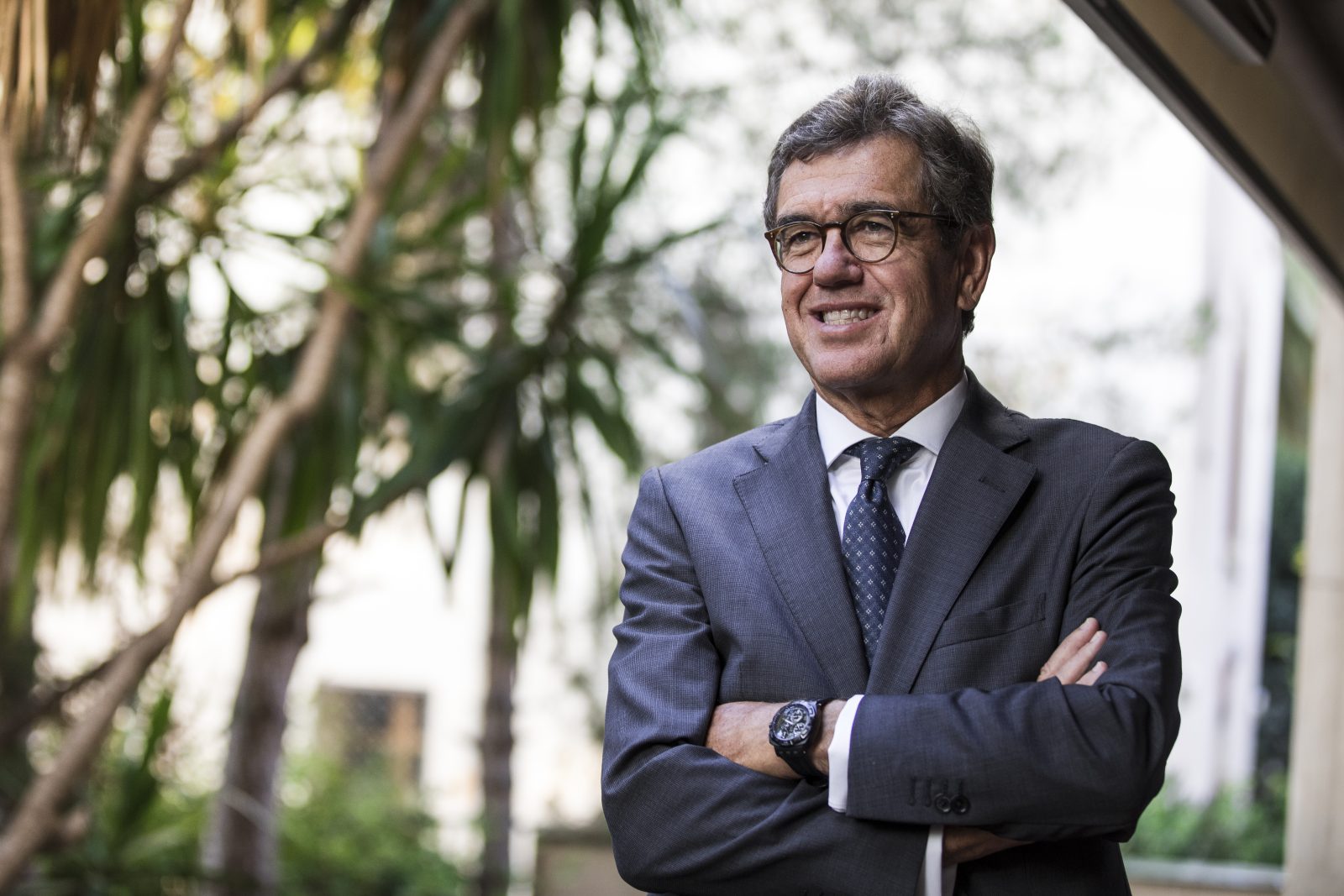The Real Club de Tenis Barcelona: an oasis in the city

Josep Jordi Cambra, Chairman of the Reial Club de Tennis Barcelona – 1899
What does the club specialize in?
It is a non-profit tennis club.
In which year was it founded? When did you start working there?
It was founded in 1899 and its first chairman was Ernesto Witty. I was elected as chairman in November 2018 and, although it is not a job as such, I dedicate a great deal of time to the club.
What do you like most about your job?
Contributing to the club, remaining faithful to the principles on which it was founded, bringing it up to date, and managing it as well as possible for the good of the club and its members.
And what do you like least?
The fact that it is impossible to please everybody!
What do you think makes your institution unique?
Its age—it is now more than 120 years old—and its prestige in the world of tennis and in Catalan civil society.
What is your main challenge?
Remaining an oasis of health, wellness and sport for its members and contributing to social progress.
Where is your entity located? Do you know why this location was chosen?
It has been in Pedralbes since 1954. The club moved here from Carrer Ganduxer because it needed the space to grow.
What do you like most about the neighborhood where you work?
The club is in a residential area that is very quiet and well-kept; it is also close to where I live.
How important is Barcelona for your company?
Barcelona is part of our name and our identity, so we do all we can to promote the city.
With which city would you compare Barcelona?
It can’t really be compared to anywhere else. I was born in Barcelona and have lived here practically all my life. Although it improved enormously with the 1992 Olympic Games, I still believe there is a lot of room for improvement.
What city model should Barcelona adopt?
Boston and Sidney are good models.
What best practices from other cities would you like Barcelona to adopt?
It is essential for the city to be safe and clean; access must also be easy for visitors and those who live on the outskirts. The rest can be taken care of by the private sector.
What do you ask of the Barcelona of the future?
Citizens should be able to live in harmony and both public and private projects should benefit from all the hygiene, security, and mobility services that are needed to make the city a prosperous place.
If you want to know the latest English news about Barcelona and the people who bring it to life, sign up to our Blog.







